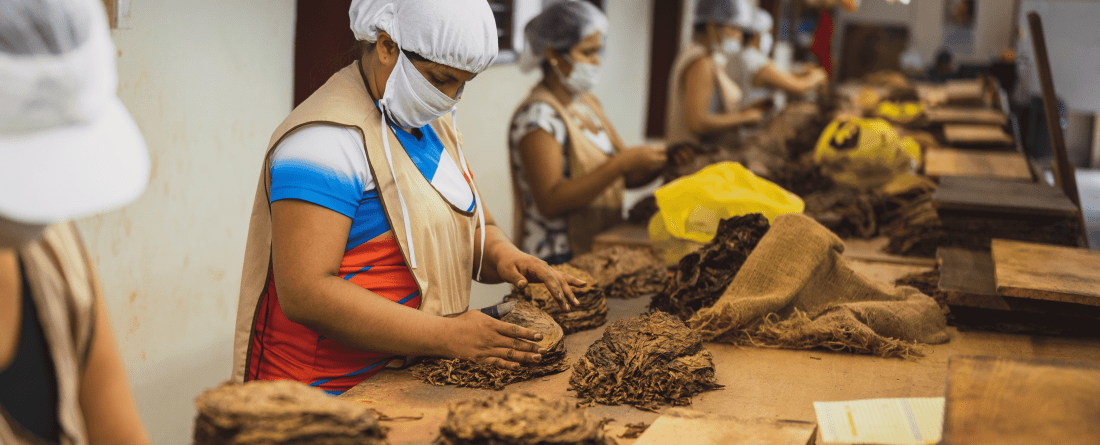
Facility design and worker justice: COVID-19 transmission in meatpacking plants
Current federal policies and regulations are insufficient to ensure the health and safety of workers, creating a justice issue, and jeopardizing food availability in a future pandemic.
CGS Experts
Jiehong Lou, Assistant Research Professor, CGS
Lou, Jiehong, et al. Facility Design and Worker Justice: COVID‐19 Transmission in Meatpacking Plants. 17 June 2023, https://doi.org/10.1002/ajim.23510. Accessed 23 June 2023.
Background
Meatpacking plants were major sources of COVID-19 outbreaks, posing unprecedented risks to employees, family members, and local communities. The effect on food availability during outbreaks was immediate and staggering: within 2 months, the price of beef increased by almost 7% with documented evidence of significant meat shortages. Meatpacking plant designs, in general, optimize on production; this design approach constrains the ability to enhance worker respiratory protection without reducing output.
Methods
Using agent-based modeling, we simulate the spread of COVID-19 within a typical meatpacking plant design under varying levels of mitigation measures, including combinations of social distancing and masking interventions.
Results
Simulations show an average infection rate of close to 99% with no mitigation, 99% with the policies that US companies ultimately adopted, 81% infected with the combination of surgical masks and distancing policies, and 71% infected with N95 masks and distancing. Estimated infection rates were high, reflecting the duration and exertion of the processing activities and lack of fresh airflow in an enclosed space.
Conclusion
Our results are consistent with anecdotal findings in a recent congressional report, and are much higher than US industry has reported. Our results suggest current processing plant designs made rapid transmission of the virus during the pandemic's early days almost inevitable, and implemented worker protections during COVID-19 did not significantly affect the spread of the virus. We argue current federal policies and regulations are insufficient to ensure the health and safety of workers, creating a justice issue, and jeopardizing food availability in a future pandemic.
